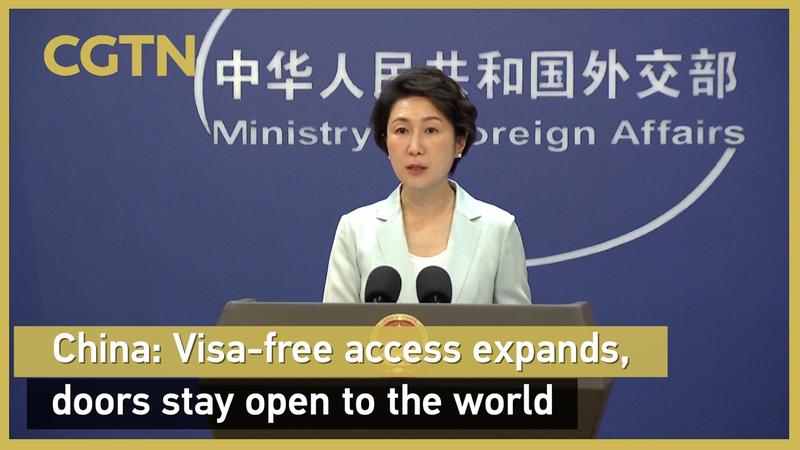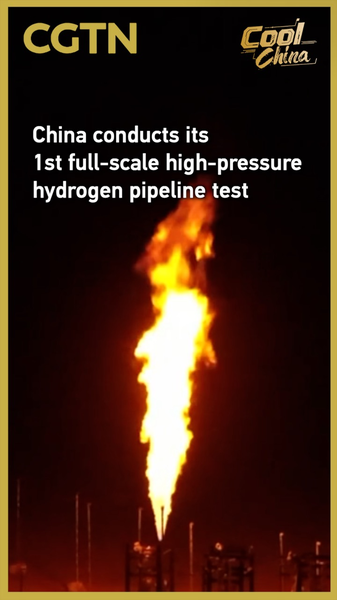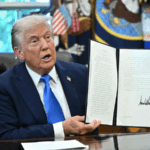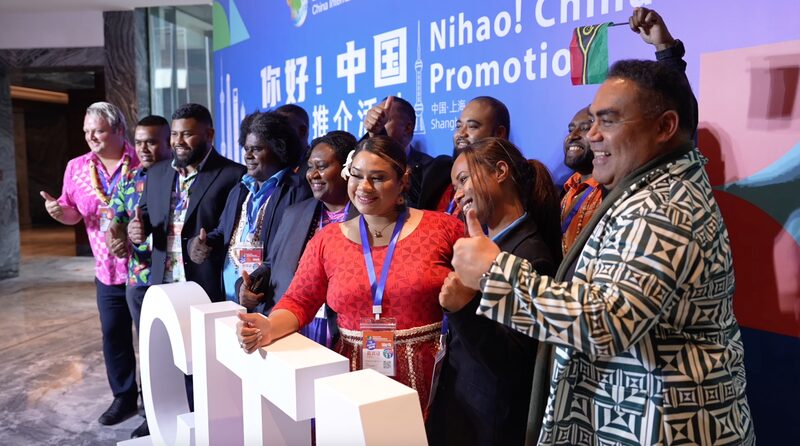U.S. President Donald Trump has introduced sweeping changes to high-skilled immigration policies, imposing a $100,000 application fee for H-1B visas while creating a premium "gold card" pathway for applicants investing $1-2 million. The move, announced Thursday, aims to "curb systemic abuse" of work visas while maintaining access to specialized talent, according to White House officials.
The H-1B program – a critical pipeline for Asian tech professionals, particularly from India and China – could see reduced applications under the new fee structure. Meanwhile, the gold card initiative offers expedited processing for investors, with corporate-sponsored applicants requiring $2 million in capital commitments.
Industry analysts suggest the changes may reshape workforce dynamics in Silicon Valley, where 60-70% of H-1B holders work in computer-related occupations. "This creates a two-tiered immigration system," said Priya Sharma, a migration policy researcher at the Asia Society. "While it could attract capital, it risks sidelining mid-career professionals vital to maintaining tech innovation."
The announcement has drawn mixed reactions from Asian business communities. Some Indian IT firms have expressed concerns about rising operational costs, while Chinese venture capitalists see potential in the investment-focused pathway. The policy takes effect January 2025, with existing visa holders exempt from retroactive fees.
Reference(s):
Trump imposes $100,000 fee on H-1B visas, unveils 'gold card' pathway
cgtn.com








